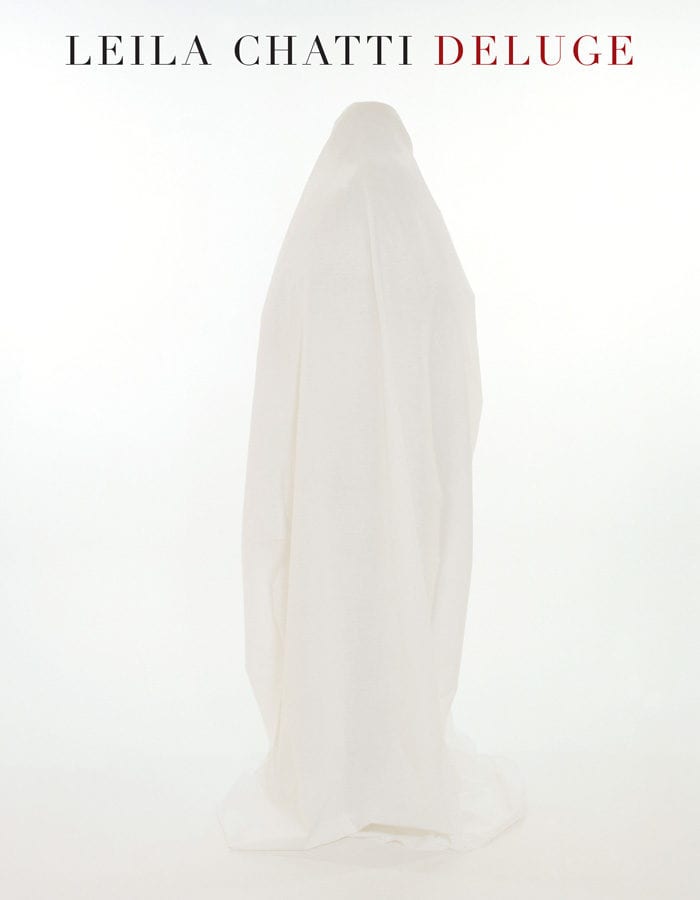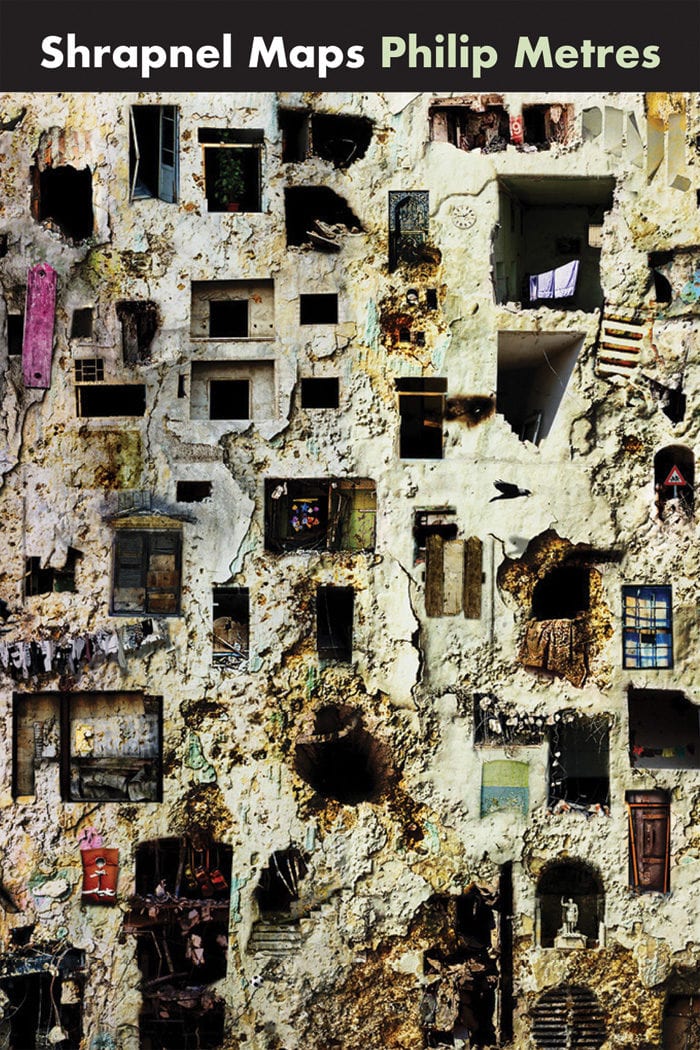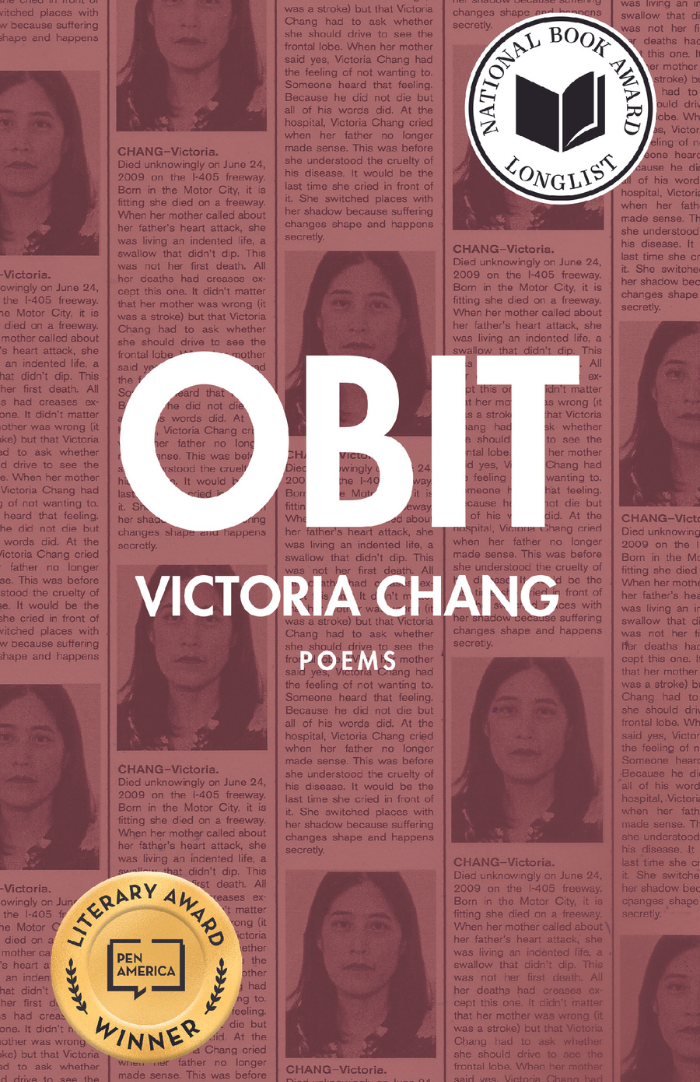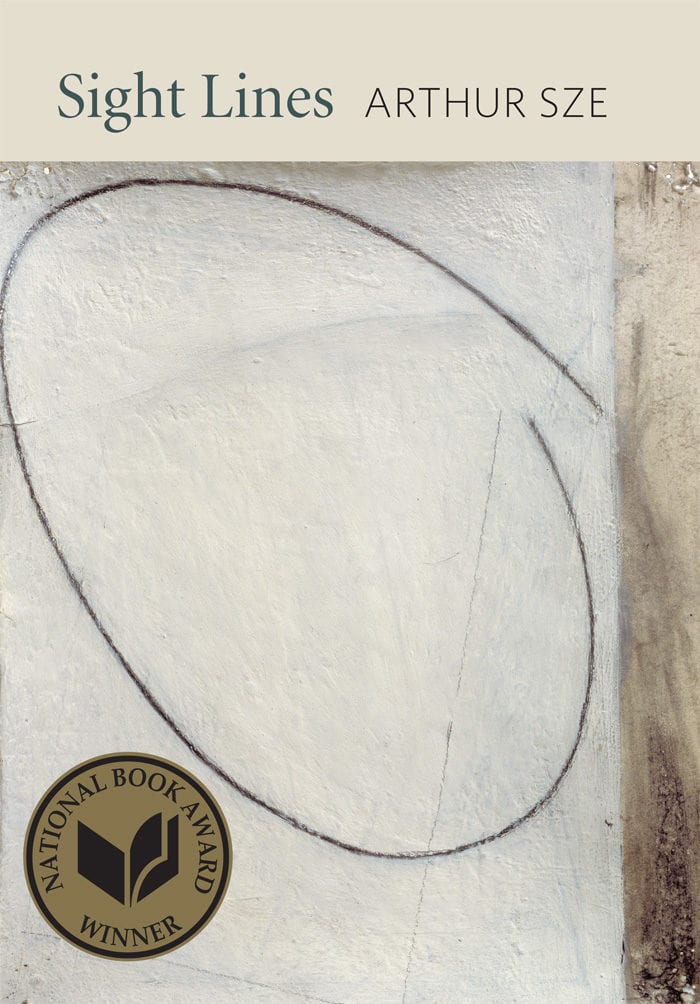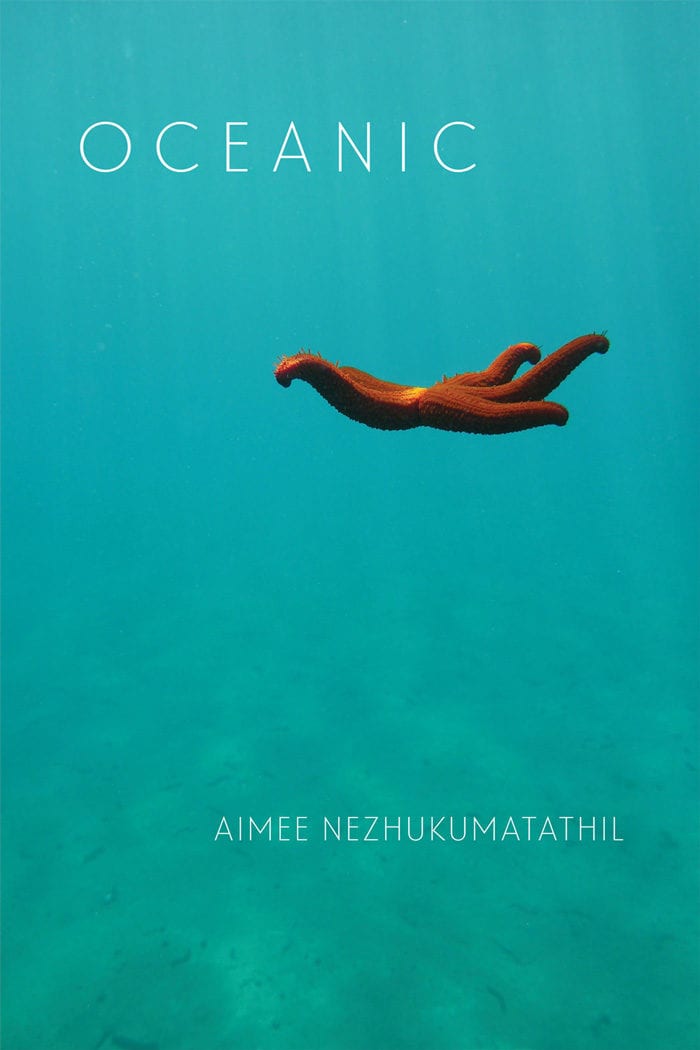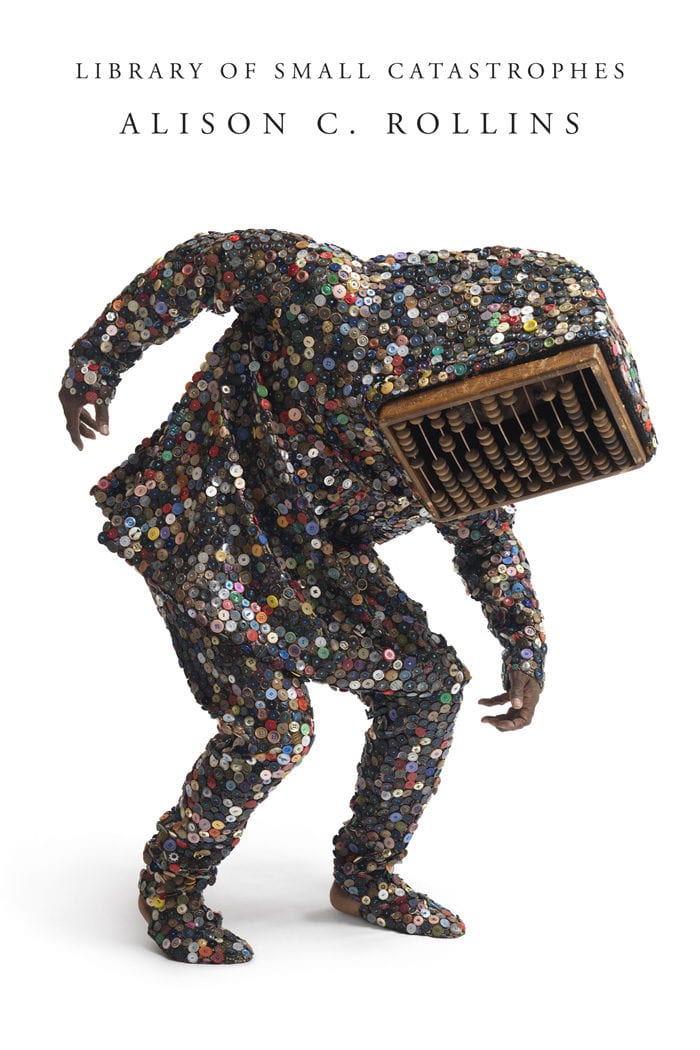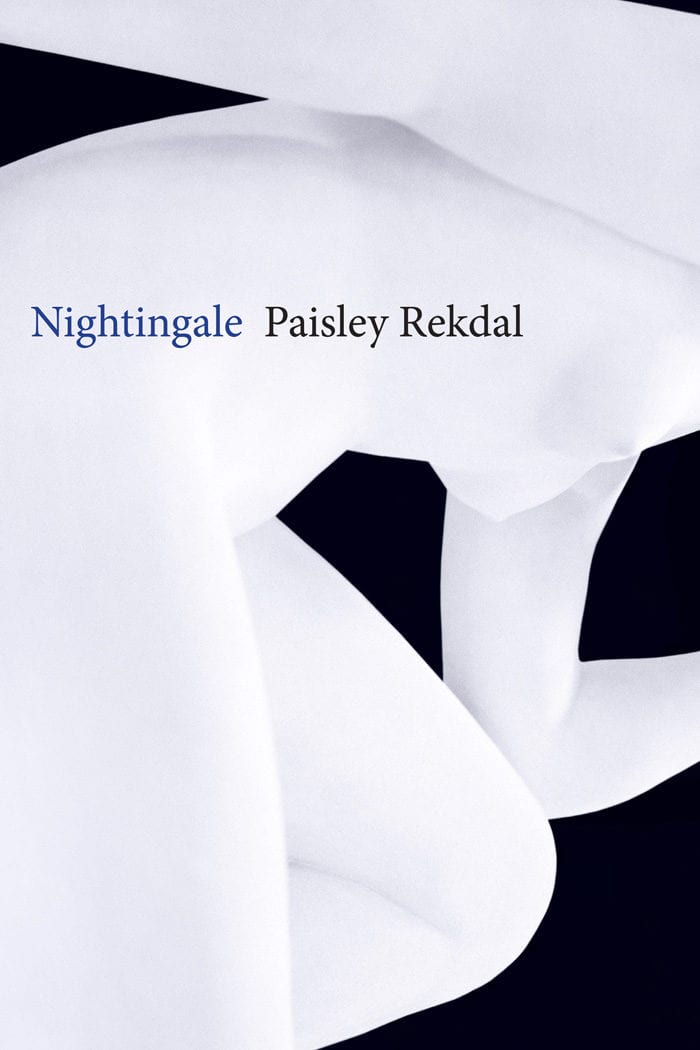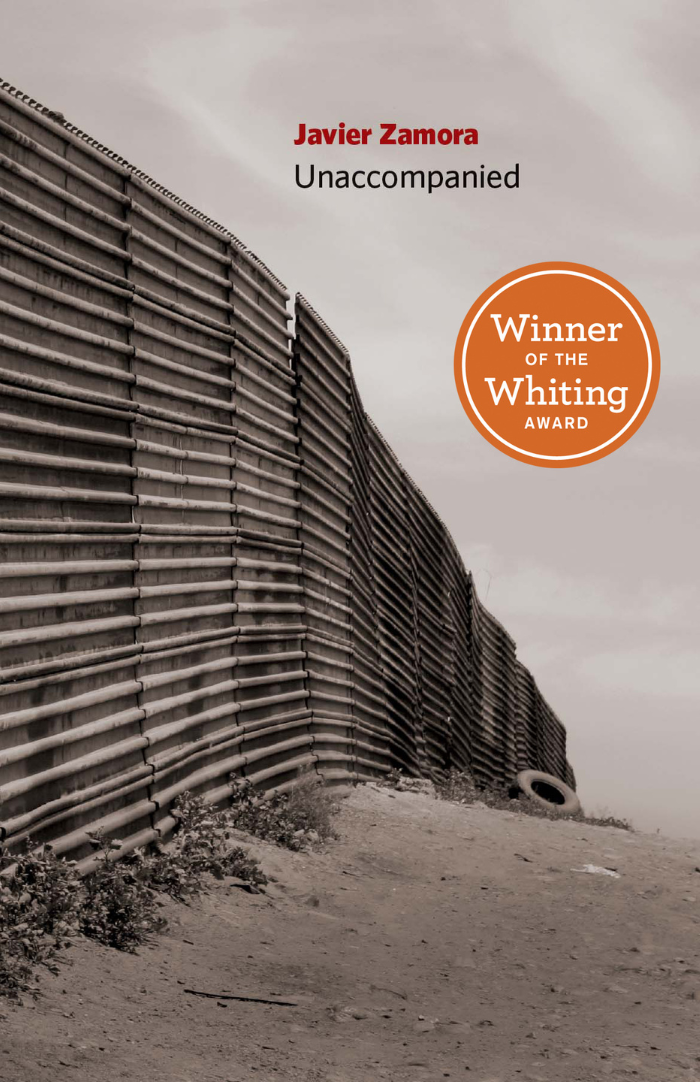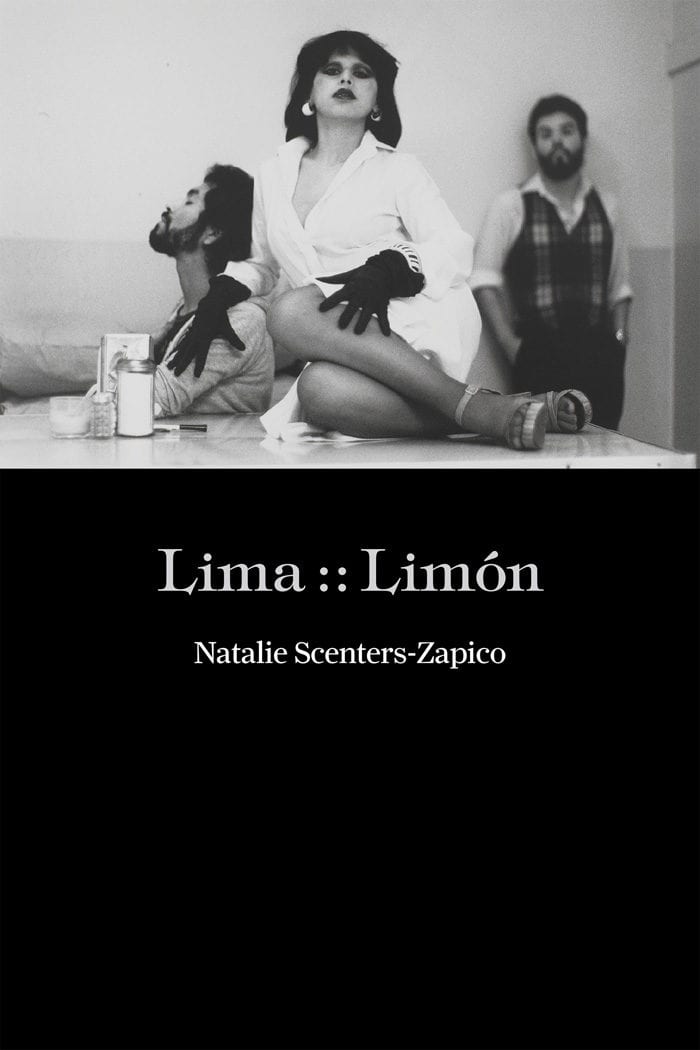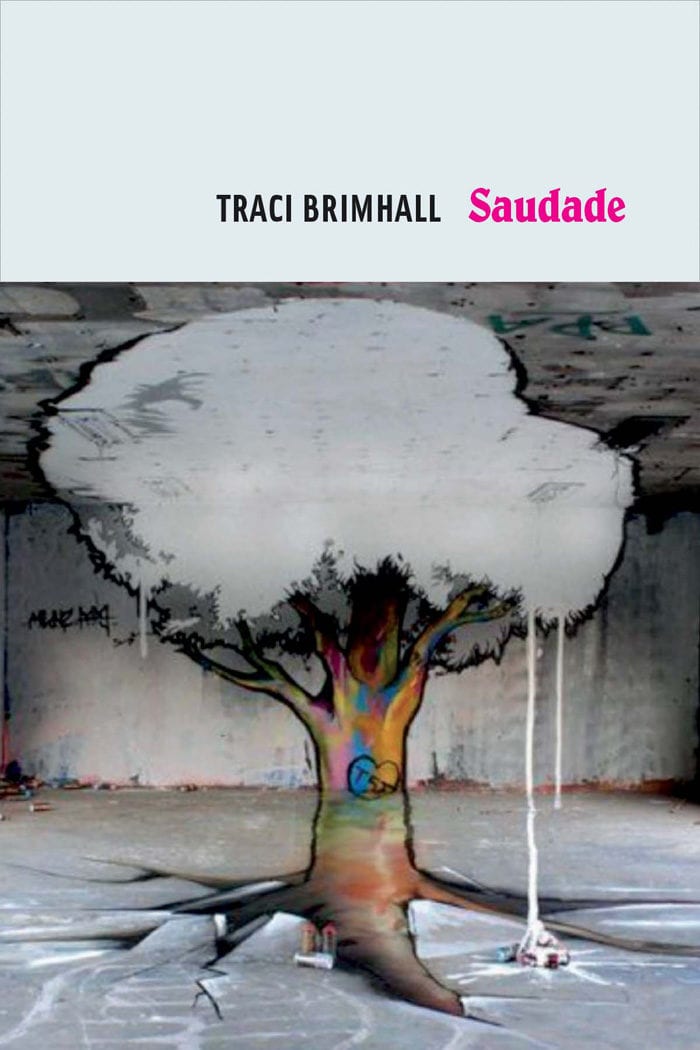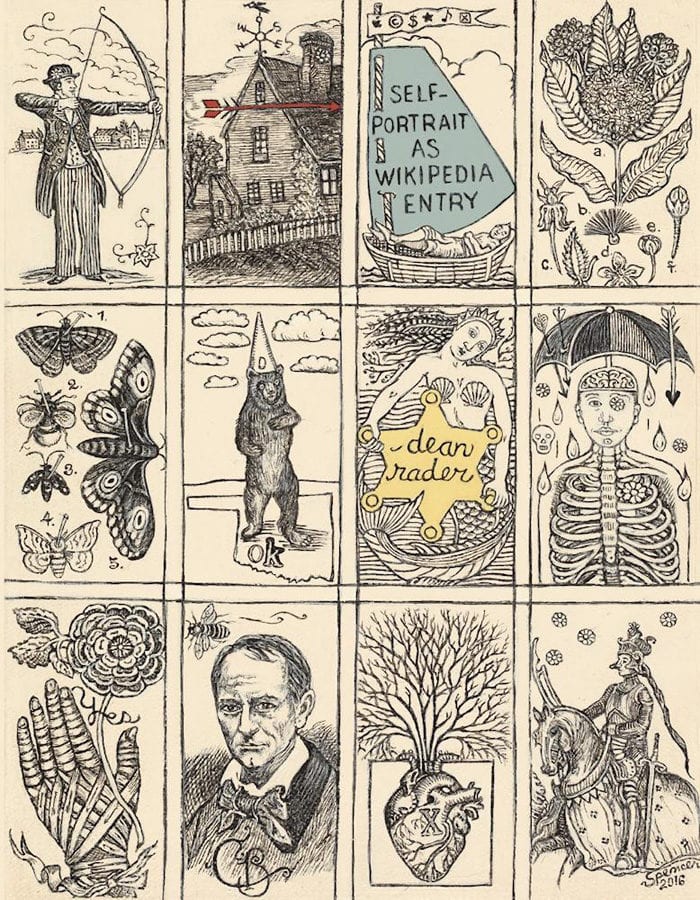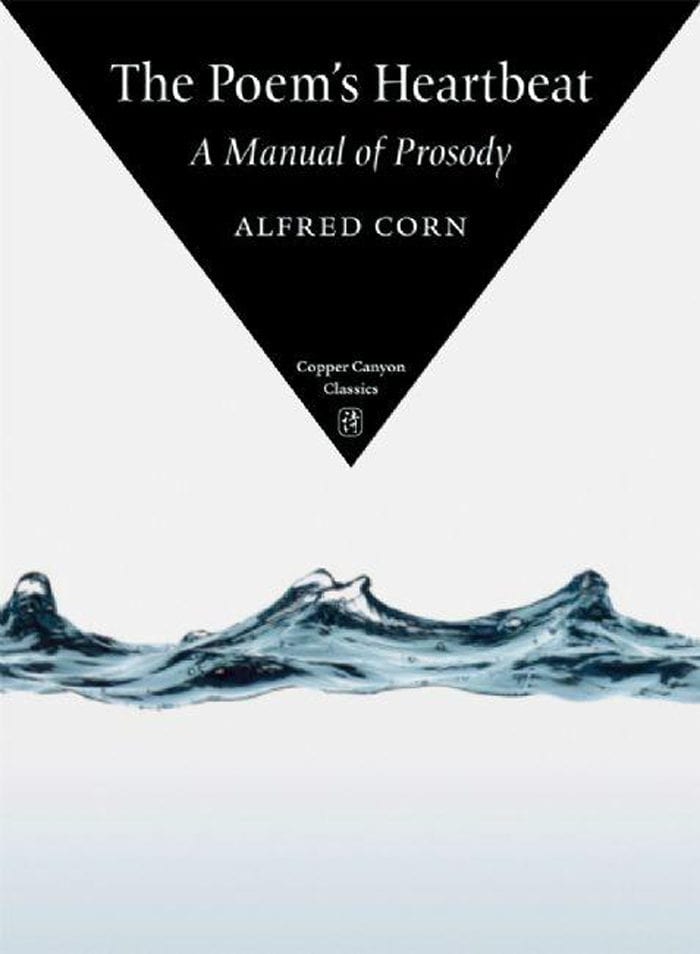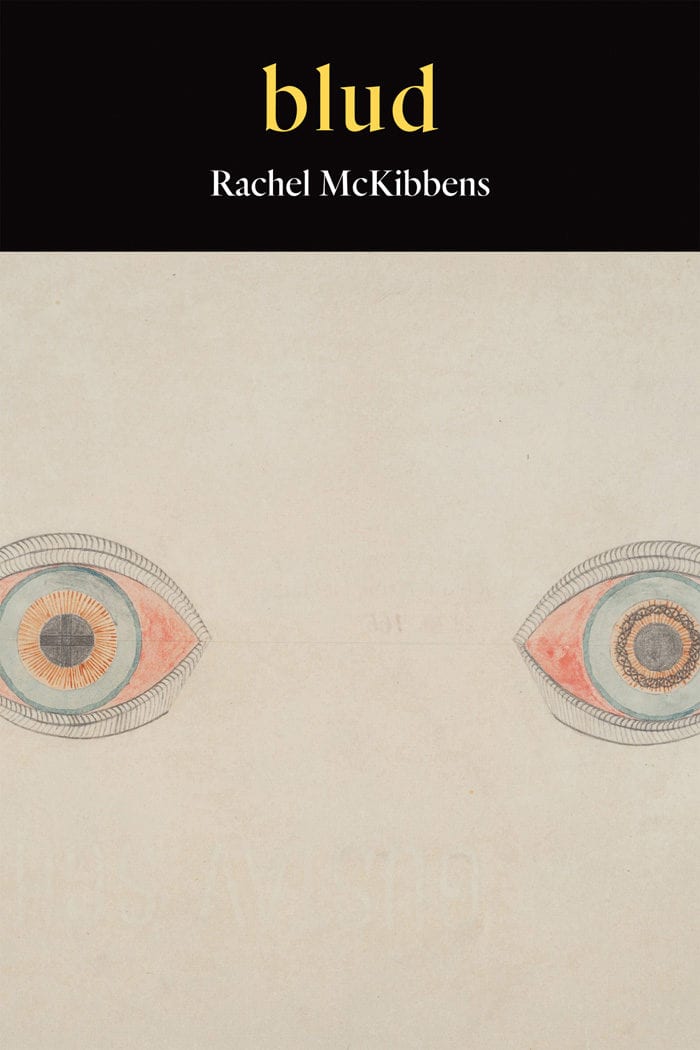The idea of disease as punishment drives this collection’s themes of shame, illness, grief, and gender, transmuting religious narratives through the lens of a young Arab-American woman suffering a taboo female affliction. Deluge investigates the childhood roots of faith and desire alongside their present day enactments.
After her mother died, poet Victoria Chang refused to write elegies. Rather, she distilled her grief during a feverish two weeks by writing scores of poetic obituaries for all she lost in the world. In Obit, longlisted for the 2020 National Book Award in Poetry, Chang writes of “the way memory gets up after someone has died and starts walking.”
National Book Award for Poetry, 2019
In his National Book Award-winning tenth collection Sight Lines, Arthur Sze lends the reader his prismatic lens, rendering contemporary reality in stunning complexity. Moments of grace, eros, and beauty are braided with shudders of terror and threats of ecological destruction, as Sze moves nimbly through intersections of the disparate and divergent.
With inquisitive flair, Aimee Nezhukumatathil creates a thorough registry of the earth’s wonderful and terrible magic. In her fourth collection of poetry, she studies forms of love as diverse and abundant as the ocean itself. She brings to life a father penguin, a C-section scar, and Niagara Falls with a powerful force of reverence for life and living things.
With a nod to Borges’s fascination with libraries, this ambitious first collection by Alison C. Rollins—a librarian herself—archives the grist and grind of life with marvelous linguistic agility and philosophical sapience. “Memory is about the future, not the past,” she reminds, and offers poems as maps: counting teeth and time, marking punctuation and punishment, and remembering disappeared histories.
In this kinetic poetry collection from Sherwin Bitsui, characters live in a state of fading and blurring, appearing as if photographed or filmed. Dissolve hums with the co-existence and dissonance of landscape and waste, crisis and continuity—with Navajo thought inherent to the movement of the book.
Zamora’s debut cradles within it a family’s risky song of longing and love for a country torn apart by war and gang violence. These poems recall and are rooted in the experiences of a nine-year-old boy traveling alone for thousands of miles and confronting everywhere the realities of borderland politics, racism, and economic injustice.
Natalie Scenters-Zapico’s second poetry collection is a lyrical exploration of the intersection between gender roles and desire on the US-México border. Set within the liminal geography of the poet’s hometowns of Ciudad Juárez, Chihuahua, and El Paso, Texas, Lima :: Limón fiercely questions machismo and marianismo, cultural norms that give way to gender violence and a blind eye turned to femicide.
“Saudade” is a Portuguese word referring to a quality of longing that has no direct translation into English. Inspired by stories from her Brazilian-born mother, Traci Brimhall’s third collection—a lush and startling “autobiomythography”—is reminiscent of the rich imaginative worlds of Latin American magical realists.
This stunning debut from “Discovery” / Boston Review Poetry Prize winner Jenny George introduces an astonishing poetic talent—a new voice that is intensely focused, patient, and profoundly empathetic. The Dream of Reason explores the paradoxical relationships between humans and animals: those we observe, imagine, keep, fear, and consume.
Prosody—the art and science of poetic meter—is the very foundation of writing and reading poetry. Treatments on the subject are often overly technical (and drier than dust), so poet and educator Alfred Corn set out to write one that would be informative and engaging. In ten progressive chapters he covers everything from the basics of line and stress and metrical variation to phonic echo and unmetered poetry.
